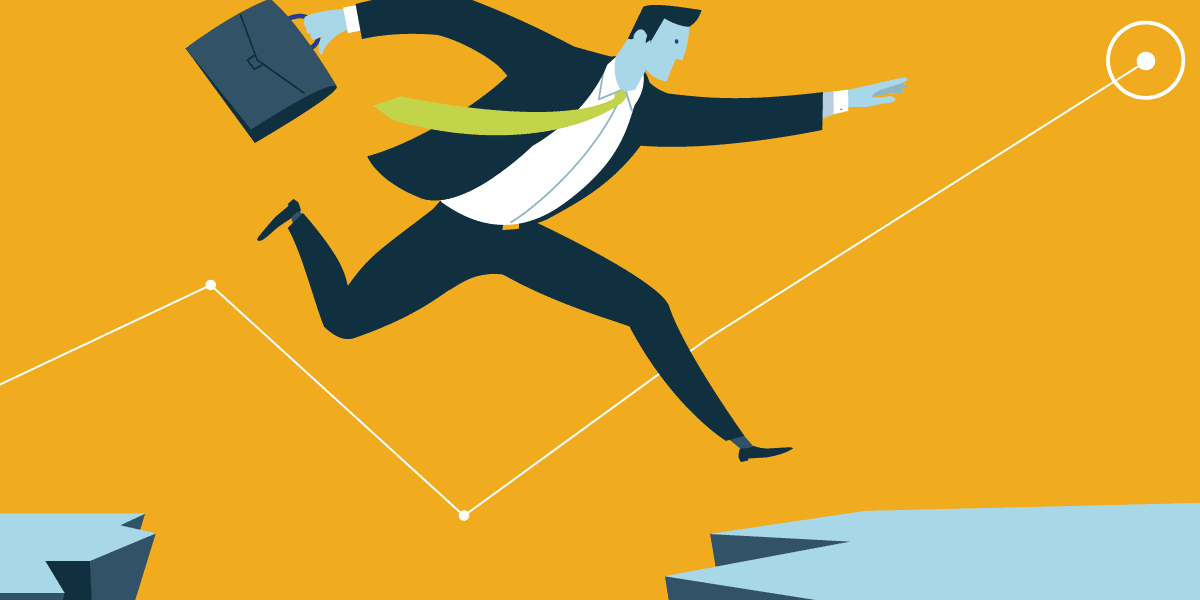Achieving desired results in the workplace can only happen when there’s focus at a high level. A focused employee is bound to do better than a colleague who isn’t. We all have the same 24 hours in a day, and no matter how hard we try, none of us can control time. To live happier, more productive lives, we must resist distractions and focus our attention on what is most important to us. This enables us to make the most of our opportunities!
We can change our lives if we learn to control our attention. We can achieve better results with less effort at work. We can also achieve a better work-life balance. How is it possible to maintain focus all day long? Why do some employees struggle to get their tasks done? The truth is, everyone loses focus at some point, especially during long hours of continuous work. There are tricks and hacks that restore focus and help make performance top-notch. We have accentuated 16 hacks or ways you can stay focused in the workplace and perform at your best.
Here are the benefits of maintaining focus regardless of distractions.
- Staying focused on a task or assignment ensures that you are able to complete it with greater efficiency than if you’re just shuffling between tasks
- Focus on a particular task reduces stress
- It produces better work quality
- Being focused increases the rate of productivity
- Below are 16 ways to maintain focus in the workplace:
1. Establish Deadlines.
You have to feel obligated to complete a task, or you’ll procrastinate twice as much. Set firm deadlines for all of the items on your to-do list. This creates a sense of urgency, making it easier to achieve progress and focus on an important task. Furthermore, having deadlines helps you resist your inner perfectionist. It’s fine to work on a task until it’s perfect, but don’t get mired in the details.
2. Maintain An Organized To-Do List.
Having an unorganized to-do list with so many unfinished tasks can reduce your productivity. This is because you don’t have a plan on which tasks should be completed first. When reviewing a long to-do list, divide it into three sections: daily, weekly, and monthly tasks. Next, organize these lists by priority so you know what needs to be done first. Cross off each task as you finish them to see how much you’ve accomplished at the end of the day.
3. Time-Consuming Tasks Should Be Divided.
Instead of tackling a single large task, divide it into smaller, manageable tasks that you can complete in less than a day. This way, you’ll feel more rewarded every time a portion of the task is completed. You’ll also have a better idea of what needs to be done next. For example, if you’re working on a new homepage, divide it into three stages: planning, framework, and development. Next, break each of these tasks down into ten smaller ones that appear more realistic.

4. Distracting Websites Should Be Blocked.
We spend the majority of our days working on our laptops. That means we’re always connected to Wi-Fi and have access to millions of distracting websites. Turning off Wi-Fi is the simplest way to resist the temptation to browse the web instead of working. However, if you occasionally require an internet connection for work, there is another option. Create a blacklist of distracting websites and block access to them with productivity tools like SelfControl or Cold Turkey.
5. Schedule A 3-Hour Work Zone.
Working at full throttle necessitates some forethought. Schedule a 3-hour work zone on your calendar every day. During this time, find a quiet place and inform other team members that you will not be disturbed by any requests. Explain politely that you require those three hours to completely concentrate on your projects. By planning ahead, you can develop the habit of being extremely productive for at least three hours per day.
6. Avoid Using Social Media.
Our minds tend to tire while working on a difficult task. This is when you may be tempted to check your email and social media accounts in order to give your brain a break. But don’t be deceived; that’s not how it works. Checking social media saps your brain’s energy because it must process a large amount of information. Make Facebook a reward for yourself by allowing yourself a peek every time you complete a task or work for 90 minutes straight. If you’re constantly distracted by social media, add these social media sites to your list of blocked websites to avoid temptation.
7. Find Motivation
Why are you working on this assignment? Is it just because your boss told you to, or because it will help your career? When we work without a purpose, we tend to procrastinate. That is why it is critical to be enthusiastic about every task you undertake. Being constantly inspired at work will also make you more optimistic about the outcome, making it easier to focus throughout the day.
Before you begin working on a difficult task, consider what will be better after you finish it. Perhaps you can reduce your workload and stop worrying about the task. Or perhaps there are far-reaching advantages to tackling the task.
8. More Water, Less Coffee
Limiting your coffee intake while working may appear counterintuitive. After all, it’s supposed to give you more energy. But there’s another side to the story: drinking too much coffee can make you tired. Caffeine overdose can cause dizziness and insomnia, making it difficult to concentrate. To keep your body hydrated and healthy, try replacing some of your daily coffee cups with water.
9. Find A Comfortable Chair.
Even though it might seem like a small change, a comfortable chair can make a big difference in how well you do your job. Sitting in a chair that does not support your back will cause backaches and fatigue. The right office chair will support your lower back, help you stand up straight, and help relieve back pain.
10. Make Use Of Noise-Cancelling Headphones.
If you have trouble working with background noise, consider investing in noise-cancelling headphones. Earplugs will also suffice, but wearing headphones has an added advantage. It communicates your desire to be undistracted, causing others to give you more personal space.
11. Exercise Single-Tasking
When we do several things at once, we feel like we accomplish more. Perhaps you have two (or more!) computer monitors on your desk at work, one for tasks and one for incoming email and other communication. Perhaps you find it convenient to read and respond to text messages while attending work meetings. It has been discovered that workers switch tasks every three minutes on average! And it takes an average of 23 minutes for a person to refocus their attention on the original task.
The problem is that multitasking not only reduces our productivity in the short term, but it also reduces our ability to focus on work in the long term. It increases our stress levels and can even lower your IQ! However, in our always-on, 24/7 world, single-tasking takes practice. So, at your desk, set a timer. Then make a commitment to single-tasking by focusing your attention on only one task.
Resist all interruptions from others, and don’t let your own thoughts take over your focus. Try it for 10 minutes and see how long you can last. If you succeed, take a 15-minute break and reset the timer. If you don’t succeed, try again in 10 minutes. This critical exercise, over time, can help you become more aware of how you manage your attention, when it is stolen, and why. Increased focus requires increased awareness.
12. Make use of Guided Meditations.
Do guided meditations at home to hone your attention management skills. Many apps, including Buddhify, Simple Habits, and Headspace, offer these meditations. These meditations can assist you in becoming more aware of your thoughts and emotions. When you practice mindfulness, you are strengthening your ability to focus on what you choose rather than what others choose for you. Start with a short guided meditation (2-5 minutes) and work your way up to a longer one (20-30 minutes). Over time, you’ll notice a link between mindfulness practice and being able to achieve your most important work goals with less effort.
13. Get Enough Rest.
Getting a sufficient amount of sleep each night can help you focus on tasks during the day. Sleep not only physically restores us, but it also helps recharge our ability to concentrate. Try to make it a habit to get enough sleep each night so that you can feel energized during the day.
14. Read A Book
Reading a book can help you improve your ability to concentrate. You can train your brain to focus on a single task by sitting down and concentrating on one book for an extended period of time.
15. Prepare Ahead Of Time
Every day, before you begin working on all of your tasks, write down the three most important things you need to complete by the end of the day. Find a planning method that works best for you, whether it’s prioritized to-do lists, an hourly work schedule, or something completely different. Remember to plan your breaks as well. Your brain isn’t designed to work for 8 hours straight; it requires rest.
16. Make Your Workplace More Organized.
To organize your thoughts and focus your attention on a single task, you need a work environment that promotes clarity. Clear your desk, organize your computer’s desktop, and take down any posters on the wall (if you feel this might help). You can also place a large monitor between your vision and the rest of the office to keep people constantly flickering by your vision.
To Conclude
As a working professional, you’re more likely to produce better results when you focus and minimize distractions.




